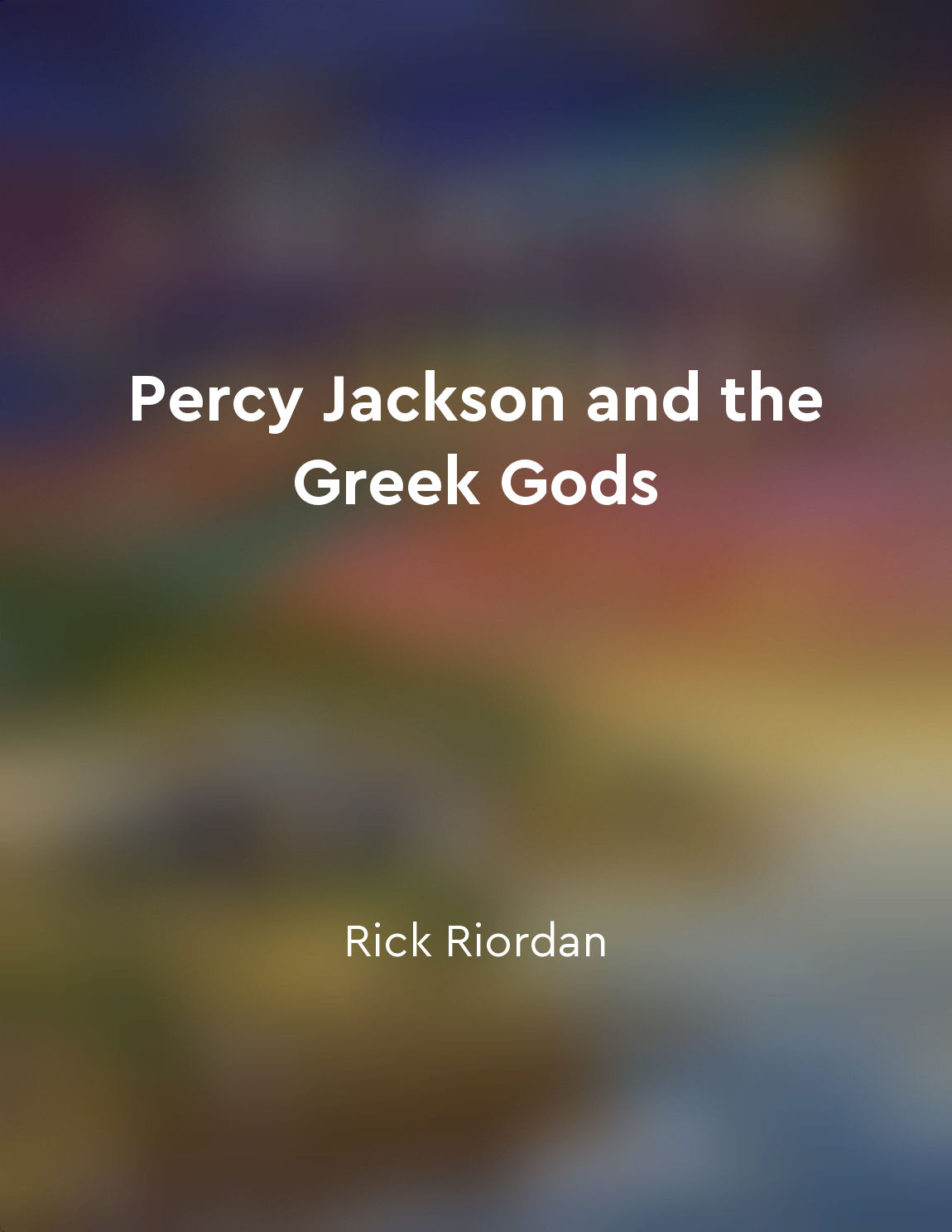Greek drama and poetry reflected the joys and sorrows of human life from "summary" of The Life of Greece by Will Durant
The ancient Greeks had a keen understanding of the complexities of human emotions and experiences. Their dramas and poetry were not merely entertainment; they were profound reflections of the joys and sorrows that define the human condition. Greek tragedy, in particular, delved into the depths of human suffering and explored the intricate interplay of fate, free will, and moral responsibility. Characters such as Oedipus and Medea grappled with the consequences of their actions, highlighting the tragic consequences of hubris and unchecked emotions. On the other hand, Greek comedy provided a lighthearted exploration of everyday life and human foibles. Playwrights like Aristophanes used humor and satire to comment on societal norms and political events, offering a cathartic release for audiences while also prompting them to reflect on their own behaviors and beliefs. In addition to drama, Greek poetry also captured the full range of human experiences. From the epic tales of heroes and gods in the works of Homer and Hesiod to the intimate lyrics of Sappho and Pindar, Greek poets celebrated love, friendship, nature, and the passage of time. Through their art, Greek playwrights and poets sought to not only entertain but also to educate and provoke thought. By examining the joys and sorrows of human life on stage and in verse, they invited audiences to confront their own emotions, desires, and moral dilemmas, fostering a greater understanding of themselves and their place in the world.Similar Posts
The Dionysian embodies chaos, ecstasy, and collective unity
The Dionysian spirit represents a primal force that is characterized by chaos, ecstasy, and a sense of collective unity. In its...
Dive deep into Shakespeare's works
To truly understand the brilliance of Shakespeare's works, one must be willing to delve beneath the surface and explore the int...
The Apollonian dream world provides a temporary escape from reality
The Apollonian dream world, with its beautiful illusions and harmonious forms, offers a brief respite from the harsh realities ...
His plays contain timeless lessons and insights
William Shakespeare's plays are renowned for their enduring relevance and profound insights into the human experience. Through ...

Zeus is the king of the gods
In ancient Greece, the gods ruled the world from Mount Olympus. Among them, Zeus stood above all others as the most powerful an...
Appeal of quick information in modern society
In our fast-paced modern society, there is an undeniable allure to quick information. With the rise of technology and the inter...
Shakespeare's impact is profound
Shakespeare's influence extends far beyond the realms of literature and theater. His impact is deep and far-reaching, shaping t...
